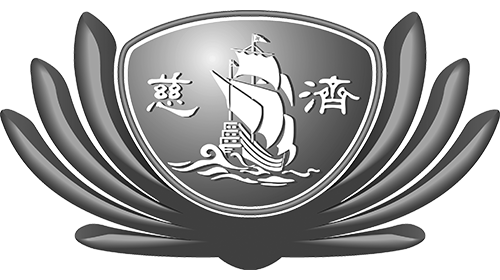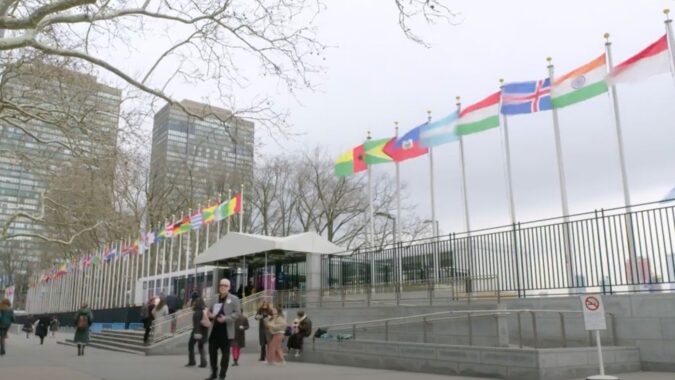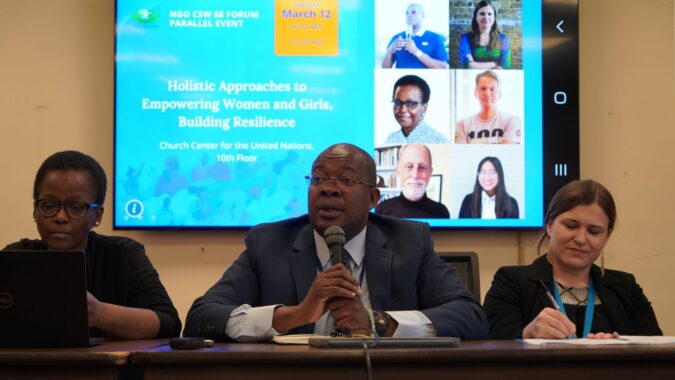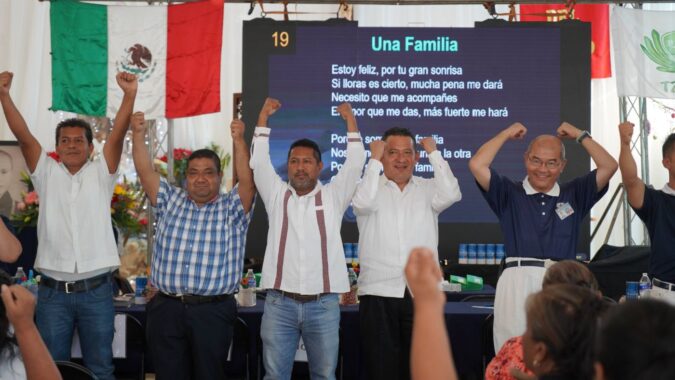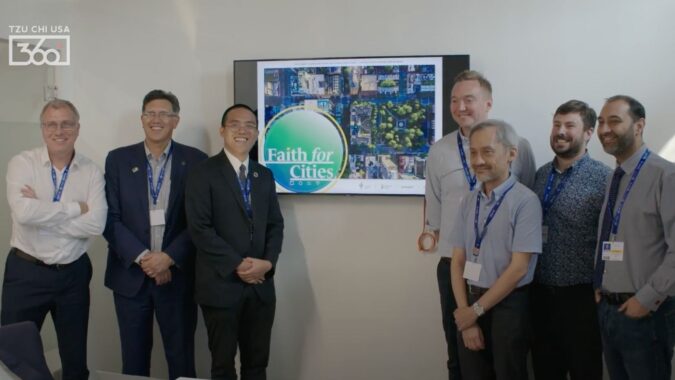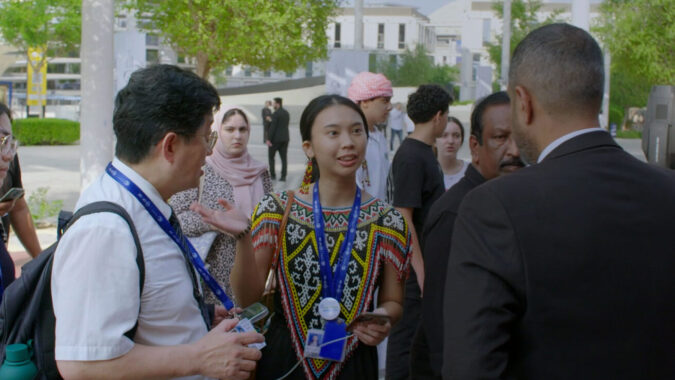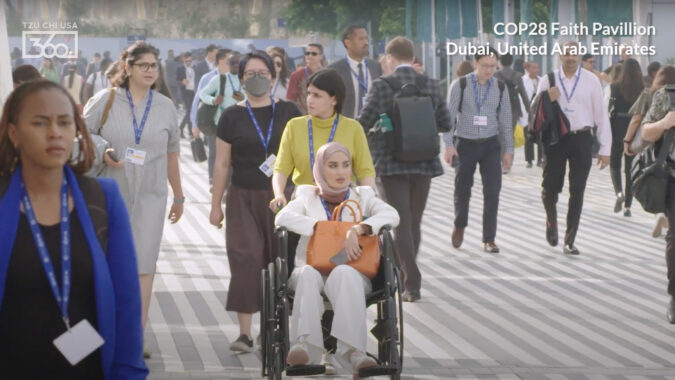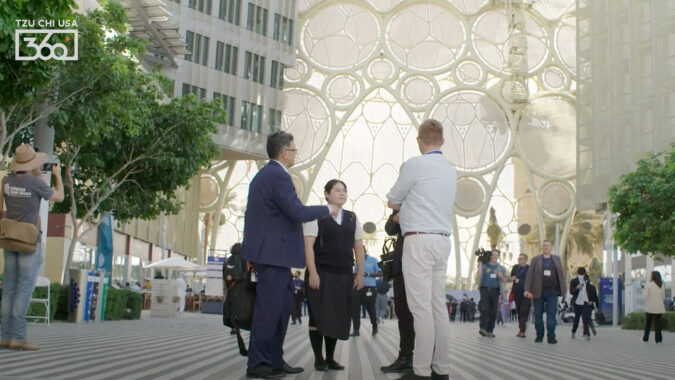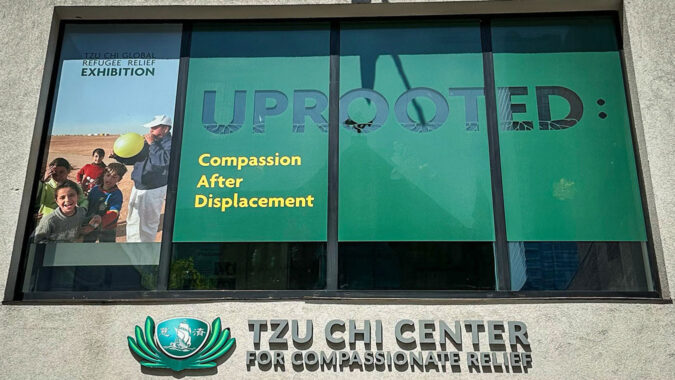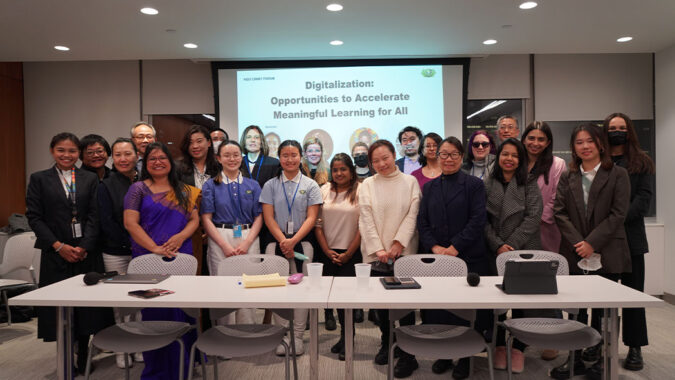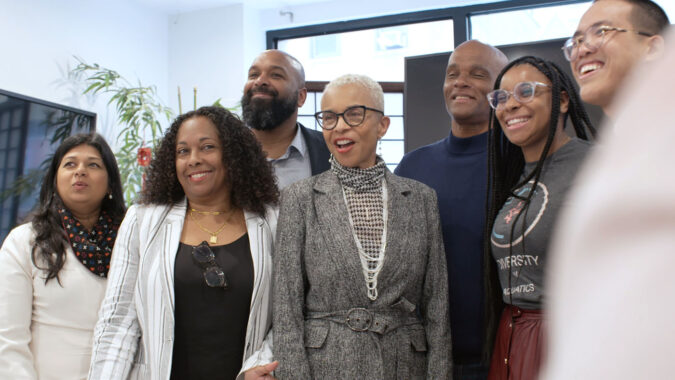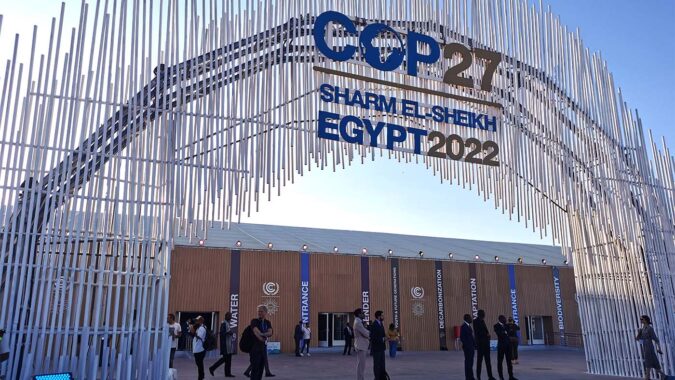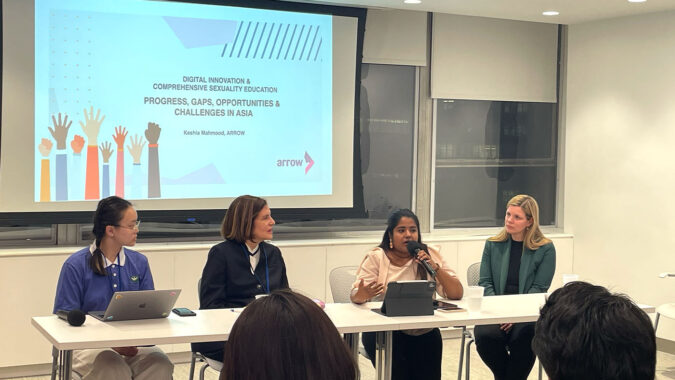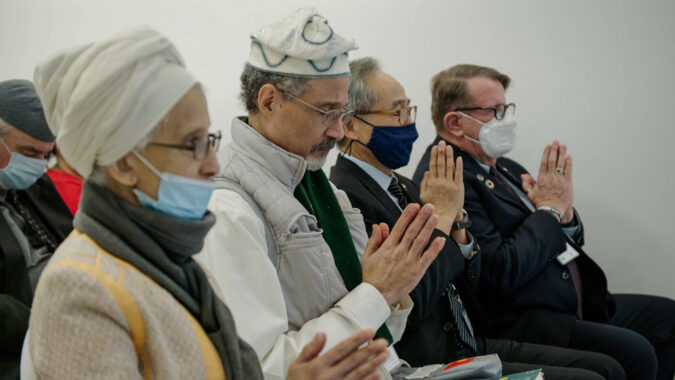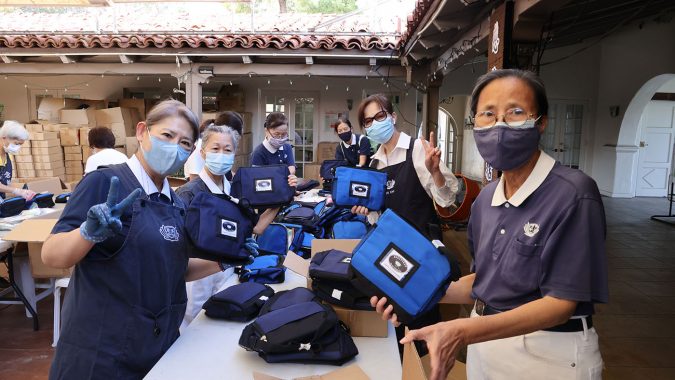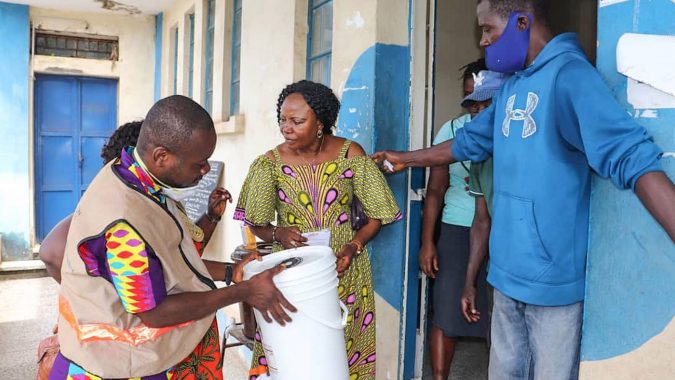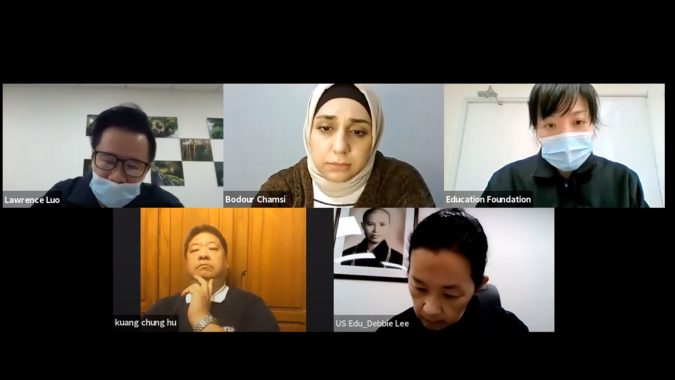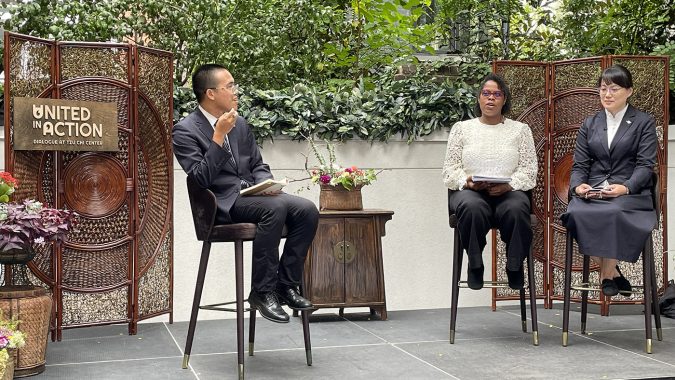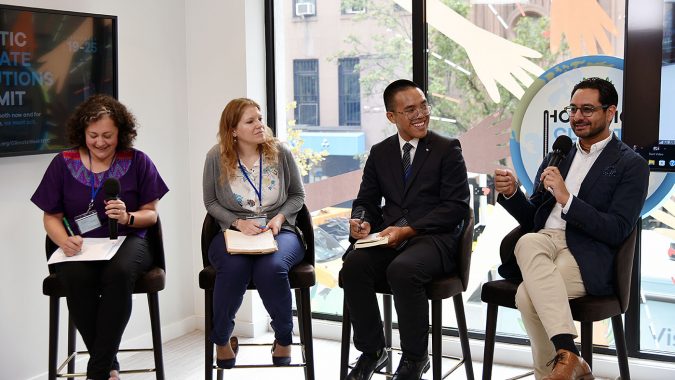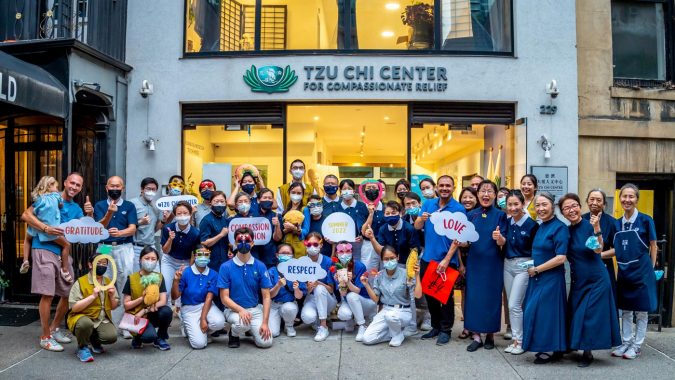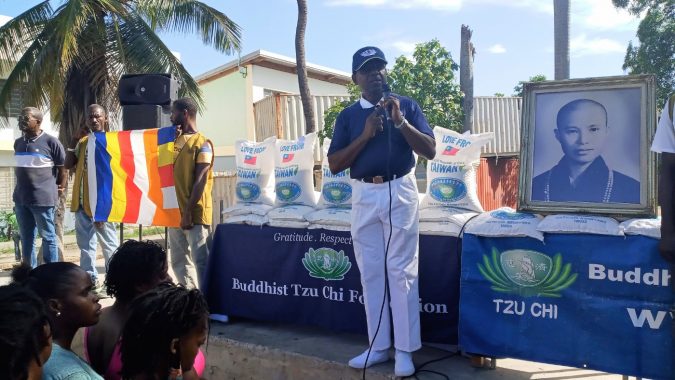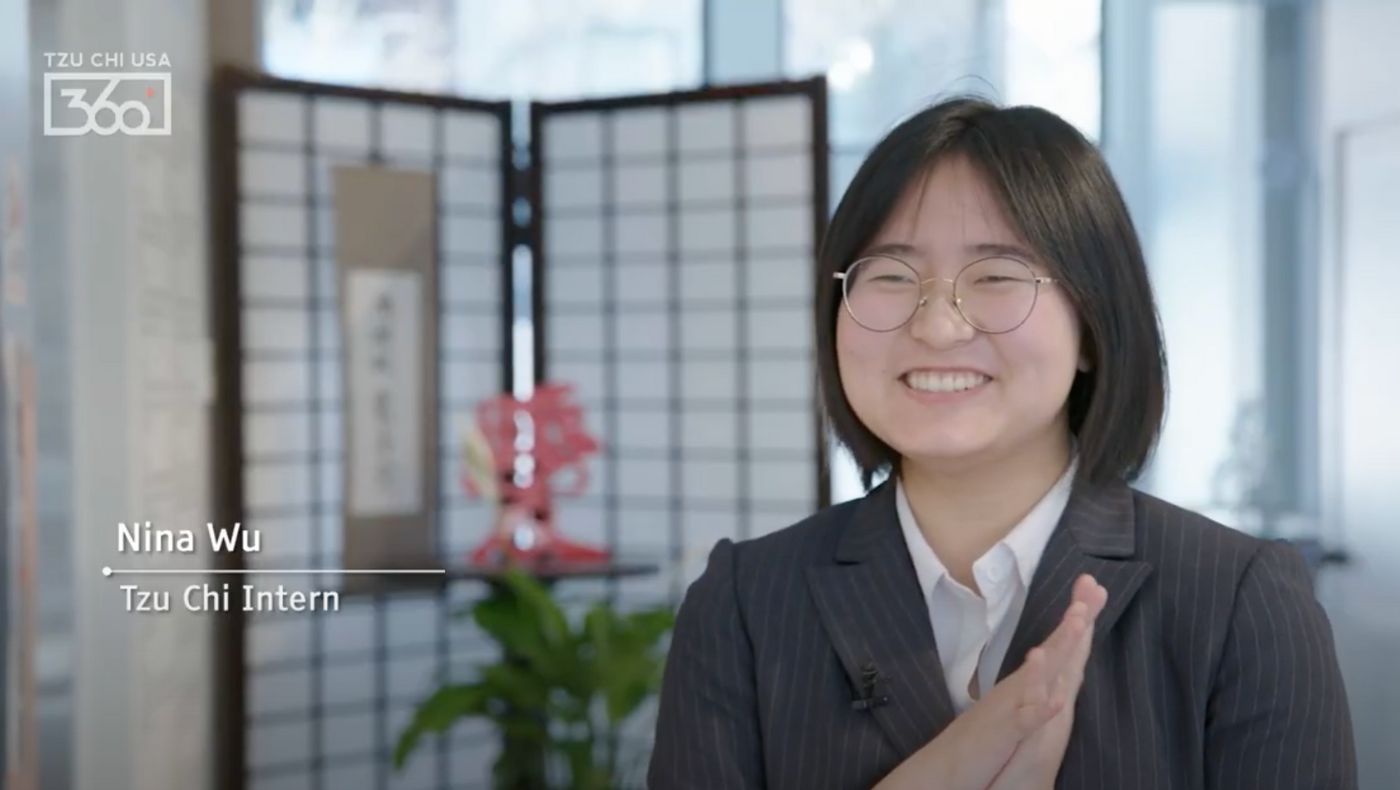
WRITTEN BY: Anna Sipek
On March 14th, Tzu Chi hosted a panel entitled “Access to Education for Girls: Addressing SRHR Challenges in Tanzania.” Held at the Tzu Chi Center and organized in collaboration with the Loretto Community, the event invited people from around the world to organize and educate about “period poverty,” particularly in Tanzania.
What is period poverty, and how is it related to education?
Period poverty is the lack of access to menstrual products, education on their use, or access to proper hygiene facilities. Period poverty is most likely to impact people of color, those with little money, and those living in rural communities. Worldwide, it affects millions.
As of 2018, Tanzania’s government reported that 60% of women live in “absolute poverty.” This coincided with a survey conducted in 50 primary and high schools in the outskirts of Tanga: up to 75 percent of girls have limited access to menstrual hygiene products.
This goes on to affect health and school attendance, which then determines the levels of education attained, increases the rate of teenage pregnancy, and ripples out into more nuanced and cultural perspectives of sex, sexuality, body image, and self-esteem. Affected girls often end up stuck in poverty-perpetuating cycles.
Tackling period poverty in Tanzania
Panelist Kainyu Njeri, co-founder of the Kila Dada Initiative, has long recognized the issues with access to menstruation products and education surrounding their use among the women and girls of Tanzania.
“Kila Dada started in direct response to menstrual health management issues in my community,” explained Njeri. The organization came together in 2020 when the pandemic made access to period products even more difficult for women to get the supplies they needed.
“What we found is that up to 75% of girls have limited access to menstrual hygiene products,” added Njeri. “When they’re menstruating, they usually will not be in school.”
“Out of one year, 70 days girls don’t go to school because of their period. When girls have periods, sometimes they don’t go to school at all. ,” noted Tzu Chi Intern Nina Wu. “In addition to targeting the quality of education, we also have to target the root causes of why they don’t get education.”
Kila Dada sought to do just that in their community.
Since its start, Kila Dada has supplied 1500 menstrual kits to girls in Tanzania, including reusable pads, towels, underwear, and educational pamphlets explaining their use. These kits last for up to 4 years and provide organizers with an opportunity to initiate frank, open, honest, and intimate conversations with girls about their reproductive health while simultaneously banishing the taboos that can often come with periods.
Building a global community to improve education
A long-term challenge is that many women and girls are not given the education or resources they need to live a healthy life. The most comprehensive way to do this is a two-pronged approach, by addressing needs on a local level and building community on an international one.
17-year-old activist Nina Wu has been working hard to build that community.
“I am really interested in education in Africa,” she explained. That interest grew to become a powerful network of young people helping young people.
“A lot of my peers and myself have a lot of old books in our house that we no longer use,” said Wu. “So I take those books from my peers from myself, and I ship those books to schools in rural Africa, rural Sierra Leone, so we can repurpose these books. In Sierra Leone, education is better. And that’s really important.”
“If everyone works together in providing whatever they can through this collective community we can make a huge difference.”
The Importance of Education for Women and Girls
The education of young women and girls is not something that is extra, but it is a necessity for a healthy and equitable society.
“Women are taking serious issues into their own hands. Education of girls is extremely important,” said Pille Tsopp-Pagan, Executive director Tartu Women’s Shelter “Young kids who are more brave can achieve more because they’re not afraid of systems like, possibly, older people are.”
“You educate a girl; you’ve changed the course of an entire community,” smiled Njeri.
Learn more about Tzu Chi Participating in CSW
